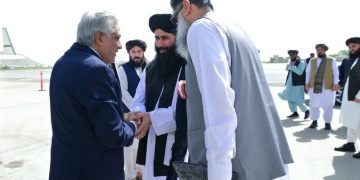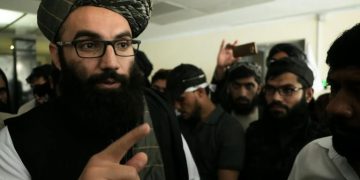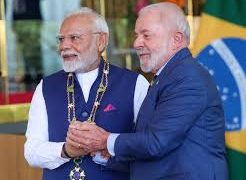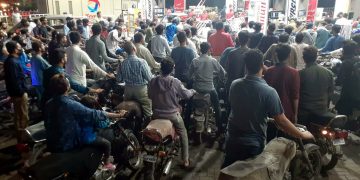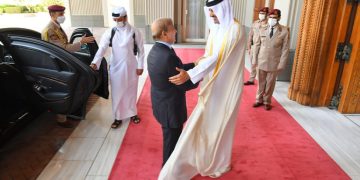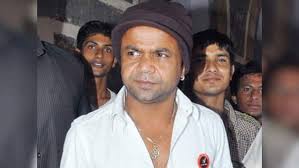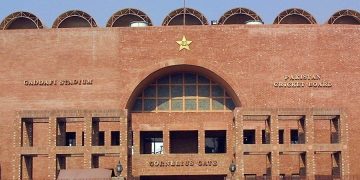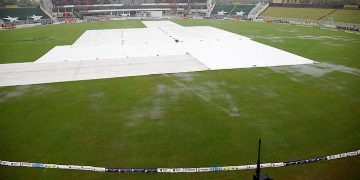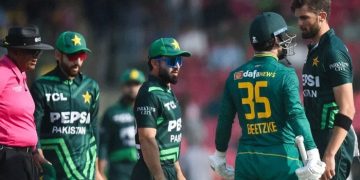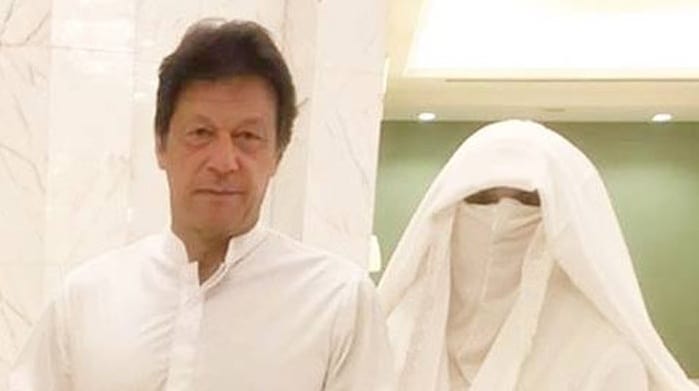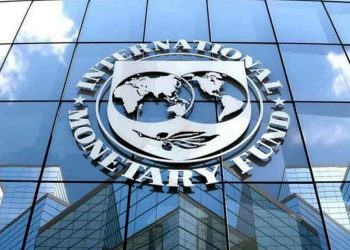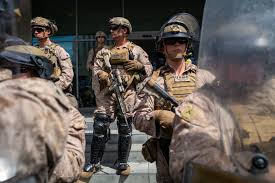The Supreme Court (SC) on Monday commenced hearing on Pakistan Tehreek-e-Insaf (PTI) petition concerning polls in Punjab and Khyber Pakhtunkhwa (KP) which were delayed by the electoral watchdog citing law and order situation.
A five-member larger bench headed by Chief Justice of Pakistan (CJP) Umar Ata Bandial and comprising Justice Ijazul Ahsan, Justice Munib Akhtar, Justice Aminuddin Khan and Justice Jamal Khan Mandokhail heard the petition filed by Pakistan Tehreek-e-Insaf (PTI).
The apex court issued notices to election commission, KP governor, and federal government, directing them to submit their response by tomorrow.
During the court hearing, the CJP raised concerns about the delay in the election schedule, and asked PTI’s counsel, Ali Zafar, to explain why it was wrong.
The top judge emphasized the need for all parties to remain peaceful if they wanted elections.
The top court sought assurance from the PTI and the government that they would remain peaceful for transparent elections.
PTI’s counsel argued that the country’s president had already set the election date for April 30, as per the court’s order.
However, the governor of KP had violated the court’s order and had not fixed a date.
Additionally, Zafar claimed that the Election Commission of Pakistan (ECP) had dismissed the election date proposed by the president, and that the date suggested by the ECP was beyond the 90-day limit mentioned in the Constitution.
Justice Munib Akhtar clarified that only the top court could determine whether its order had been violated.
The lawyer further argued that the caretaker setup was bound to hold elections within 90 days, and it could not be delayed for five months.
However, the CJP pointed out that the Constitution did not specify the duration of the caretaker setup.
Justice Ahsan questioned whether the ECP’s recent decision to fix the election date was a clear contradiction to their previous stance.
Justice Akhtar reminded the court that the SC’s verdict on elections in Punjab and KP had been signed by all five judges who were part of the bench. He emphasized that it was impossible for two decisions to exist simultaneously.
The CJP questioned the ECP’s decision to invoke Article 254, and whether it was applicable to the current matter.
Zafar argued that the article could only be invoked after the performance of a task, and not before it.
CJP remarked that the elections should be peaceful, free and fair, adding that elections are very important for running the governance system.
The additional attorney general (AAG) requested that the case be fixed after 2–3 days, which was rejected by the court.
The AAG pleaded with the court to adjourn the hearing till the appointment of the new attorney general. CJP Bandial said that the nominated attorney general met him today, and he would assume his charge by tomorrow (Tuesday).
The hearing on the case will resume on Tuesday.



